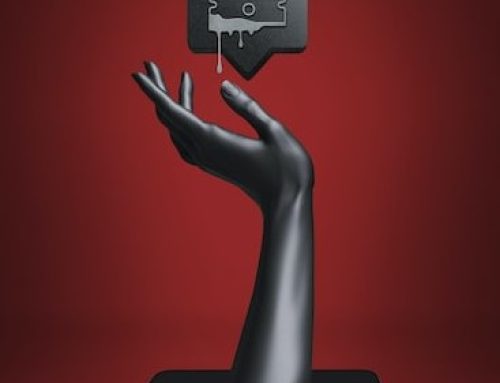Radical Acceptance is one of the techniques utilized in Dialectical
Behavioral Therapy (DBT). I thought I could find out just what Radical
Acceptance is by checking out the book entitled "Radical Acceptance" by
Tara Brach, PhD (2003). Not surprisingly, this approach is about accepting
ourselves. But it is not accepting just the good parts of ourselves; it
is accepting all the parts of ourselves. It means accepting ourselves as
flawed and not hiding from this fact by engaging in self-improvement projects,
playing it safe to avoid risking failure, withdrawing from our experience of
the present moment, being highly critical of ourselves and/or trying to distract
ourselves by keeping busy or focusing on other people's faults. This approach
is radical in that it is rooted in the Buddhist understanding that all suffering
or dissatisfaction arises from a mistaken understanding that we are a separate
and distinct self.
Dr. Brach points out that the two parts of genuine acceptance of
ourselves- mindfulness or seeing things clearly and holding our experience
with compassion are interdependent. She also tells us that Radical
Acceptance is not resignation, is not defining ourselves by our limitations,
is not self-indulgence, does not makes us passive and doesn't mean accepting
that we have a "self". Instead it means that we accept the immediate mental
and sensory experiences that we interpret as indicating a "self".
Learning to pause to be present to our experience is the first step in
the practice of Radical Acceptance. We than meet whatever is happening
inside of us with unconditional friendliness and lack of judgment. Naming or
noting what we are experiencing helps us recognize in a caring and gentle
manner the passing flow of thoughts, feeling and sensations. It is by being
mindful of what is happening in our bodies that we get beyond repeating in
our heads the stories that we tell ourselves over and over. Our healing
comes from reconnecting with those places in our bodies where the pain of
past experiences is stored.
When the Buddha said that craving causes suffering, did he mean that it
is wrong for us to have desires? Dr. Brach clarifies this question that
often leaves people confused. She states that it is a natural part of who we
are to have wants and desires. She adds that suffering arises when we cling
to our experiences that, by their nature, will pass away. It doesn't matter
what we desire. What matters is how we relate to our experience. Desire only
becomes a problem when it takes over our sense of who we are. We avoid it
becoming a problem by not getting possessed by it and not resisting it. When
the wanting self takes over, we are unable to give ourselves freely and
joyfully to an activity. However, to reject desire is to reject the very
source of our love and aliveness. Dr. Brach points out that we can bring
Radical Acceptance to desire by not blaming ourselves for wanting something,
and kindly allowing it to exist just as it is and mindfully experience the
sensations in our body and noting the thoughts and emotions in our mind.
When we experience fear, we are anticipating the loss of something which
we believe is essential to our life and happiness. We are convinced that we
are in danger when we believe that something is wrong with us. We take our
first step in finding a basic sense of safety by discovering our
connectedness to others. In facing fear, we need to remind ourselves that we
are part of something larger than our own frightened self. Radical
Acceptance of fear involves leaning into the fear to experience what is
happening in the moment and/or asking what is seeking our attention or
asking for acceptance by us. If our fear arises from one or more traumatic
experiences, then it is important that we face the fear with the security of
being in a relationship that is unconditionally supportive to us.
Not only does Dr. Brach explain the process of Radical Acceptance, she
illustrates it with examples of people she has worked with therapeutically
as well as from examples in her own life. These examples offer real life
day-to-day situations in which the practice of Radical Acceptance has made a
significant difference. Dr. Brach also offers guided meditations throughout
the book so that the reader can also personally experience the process of
Radical Acceptance and enjoy the benefits that its practice can bring.
If you or someone you know could benefit from the practice of Radical Acceptance,
please call Specialized Therapy Associates at 201-488-6678. In addition to
individual therapy, Radical Acceptance will be discussed/practiced in a group
held by Chris Hires at the Ramsey location. This group is centered around
Dialectical Behavioral Therapy (DBT) and very useful for individuals seeking
to learn and sharpen important skills.





